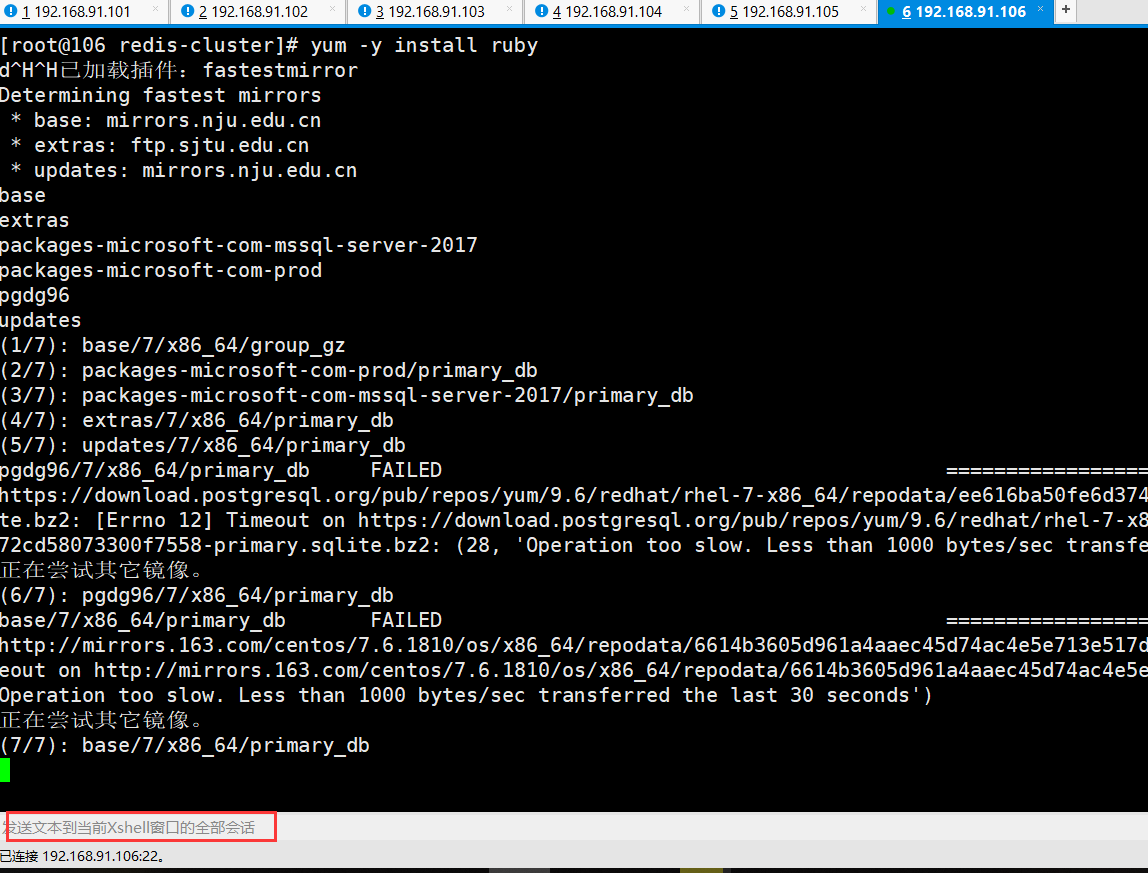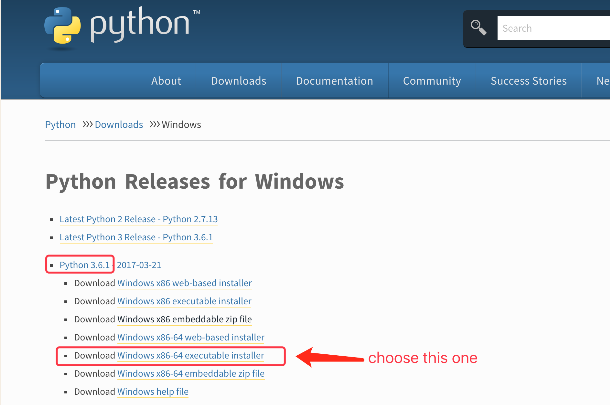关于如何避免由于可变状态导致错误的memoization,是否有共识?
在此示例中,缓存的结果的状态发生了突变,因此在第二次调用时会产生错误的结果.
class Greeter
def initialize
@greeting_cache = {}
end
def expensive_greeting_calculation(formality)
case formality
when :casual then "Hi"
when :formal then "Hello"
end
end
def greeting(formality)
unless @greeting_cache.has_key?(formality)
@greeting_cache[formality] = expensive_greeting_calculation(formality)
end
@greeting_cache[formality]
end
end
def memoization_mutator
greeter = Greeter.new
first_person = "Bob"
# Mildly contrived in this case,# but you Could encounter this in more complex scenarios
puts(greeter.greeting(:casual) << " " << first_person) # => Hi Bob
second_person = "Sue"
puts(greeter.greeting(:casual) << " " << second_person) # => Hi Bob Sue
end
memoization_mutator
我可以看到避免这种情况的方法是:
>问候语可以返回@greeting_cache的复制或克隆[形式]
>问候可以冻结@greeting_cache [形式]的结果.当memoization_mutator向其追加字符串时,这会引发异常.
>检查使用问候结果的所有代码,以确保它们不会对字符串进行任何变更.
对最佳方法有共识吗?做(1)或(2)的唯一缺点是性能下降? (我还怀疑如果某个对象引用了其他对象,它可能无法完全冻结)
旁注:这个问题不影响memoization的主要应用:由于Fixnums是不可变的,计算Fibonacci序列没有可变状态的问题.


